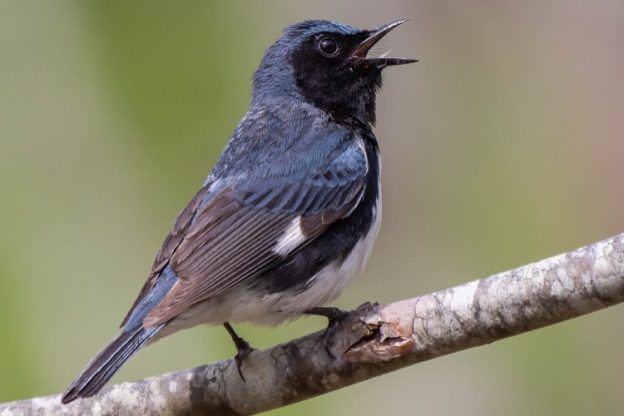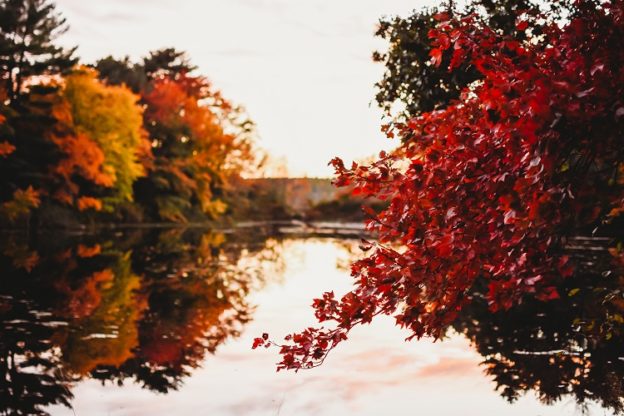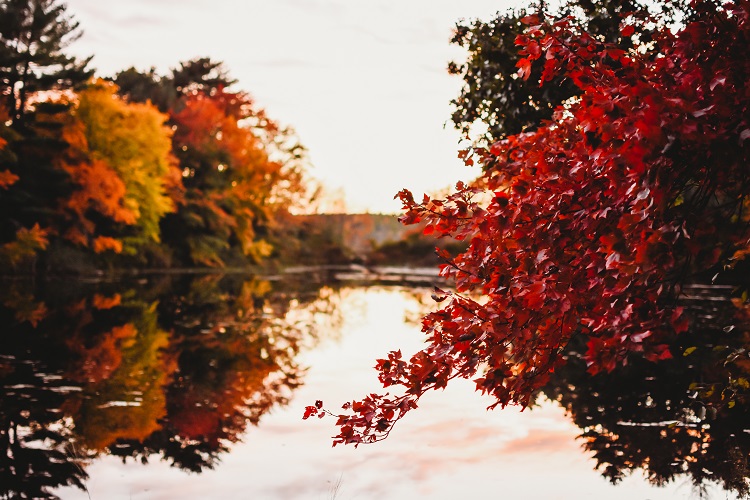When Harriet Lawrence Hemenway and Minna B. Hall founded Mass Audubon in 1896, they were committed to ending the cruel practice of killing birds for fashion. Since then, Mass Audubon has continued its dedication to protecting birds through the threats they’ve faced over the decades – and now that means addressing climate change.
North, North, and Away
Both plants and animals live in predictable environments, and one of the most important parts in defining these environments is their temperatures. But climate change is causing temperatures to increase world-wide. As Massachusetts gets warmer, the plants and insects that comprise these environments are shifting northward – and we’re seeing birds follow them away from the Commonwealth.
Higher temperatures also provide a suitable environment for the spread of invasive pest and plant species – both of which reduce healthy Northern hardwoods forested habitat.
49% of the Massachusetts’ breeding forest bird species we studied are highly vulnerable.
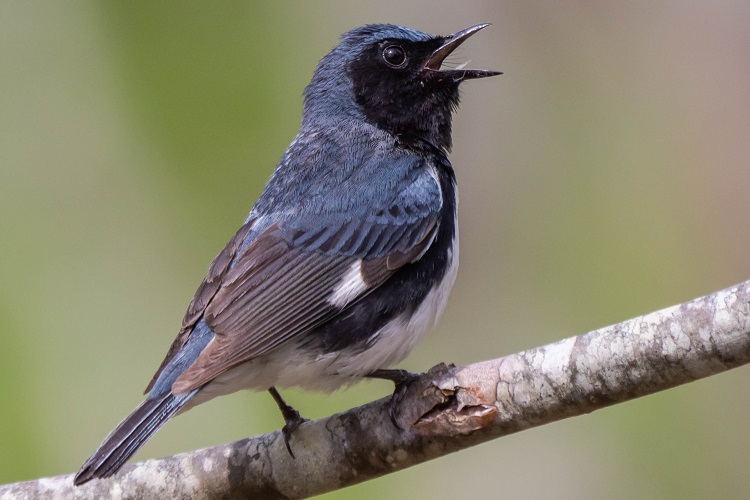
The Commonwealth’s Black-throated Blue Warbler and Yellow-rumped Warbler are expected to decline as the Northern hardwood trees they call home are overtaken by more heat tolerant species. Ruffed Grouse, Yellow-bellied Sapsuckers, and Wood Thrushes are also expected to be vulnerable to the reduction of Northern hardwoods forested habitats as a result of this shift in dominant tree species.
Changing Seasons
Our seasons are changing, impacting bird food sources and nesting behaviors. With milder, shorter winters and earlier springs (among other shifts) – the environmental cues that typically trigger breeding or nesting behavior and the emergence of food are thrown out of whack.
66% of the Massachusetts’ breeding, long-distance migrants we studied are highly or likely vulnerable.
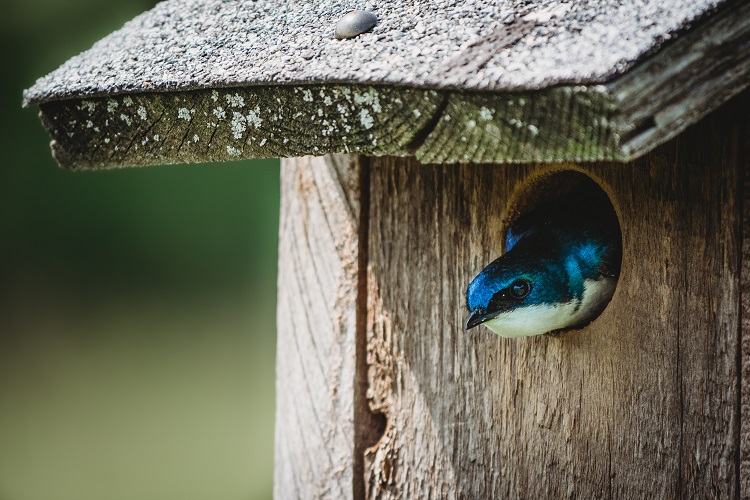
Migratory species, like Tree Swallows, can only make minor modifications to their migration schedules to coincide with the shifting peak abundance of their food. The dissonance between migration and breeding schedules and shifting seasons can adversely affect breeding birds— especially if available food sources are insufficient to raise their young.
Rising Sea Levels
With tides creeping farther up our shores, sea level rise is swallowing important marsh and beach-nesting habitat of coastal bird species.
56% of the Massachusetts’ breeding, coastal-nesting species we studied are highly vulnerable.
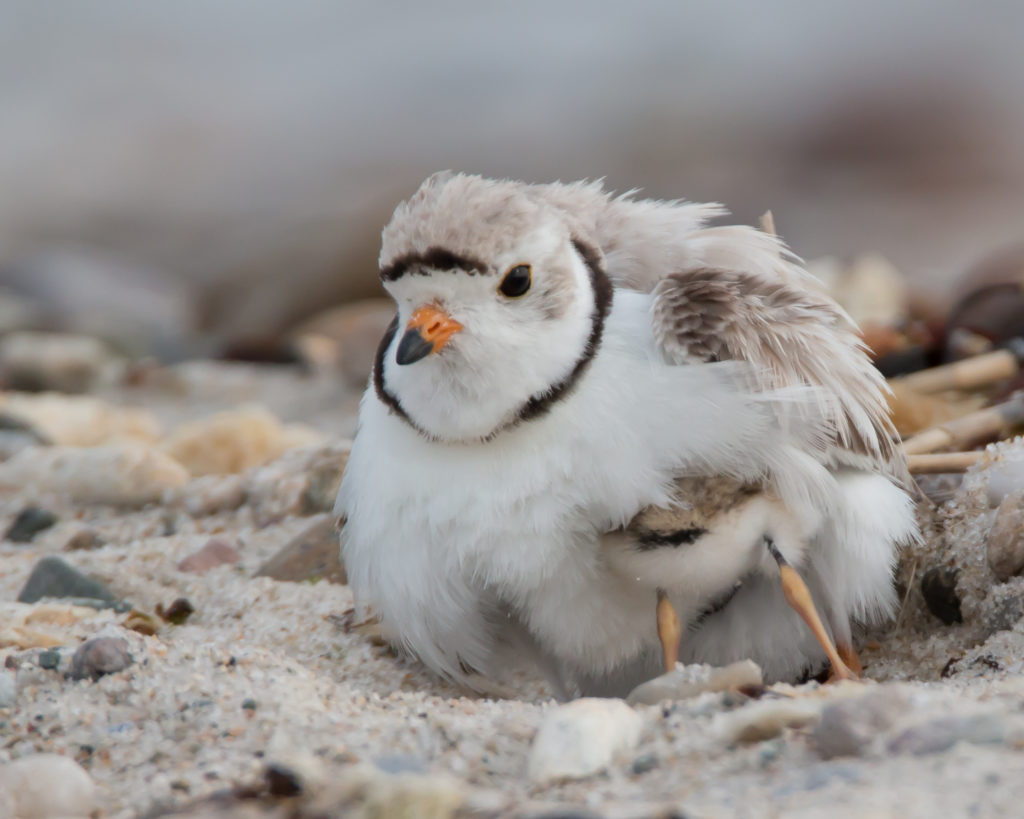
These, often already threatened, species now contend with the effects of sea level rise. Least Terns, Piping Plovers, and Saltmarsh Sparrows nest in habitats that are slowly being overtaken by this climate impact in addition to the increasing frequency and severity of storms.
We Can Make a Difference
Let’s come together to protect birds by working to solve climate change in two ways: by adapting to climate change (withstanding its current impacts) and mitigating climate change (reducing our greenhouse gas emissions and removing them from the atmosphere). Visit massaudubon.org/climate for how you can start doing both.


